We are temporarily not accepting orders from Canada due to the Canada Post strike.
Nous n’acceptons temporairement pas de commandes en provenance du Canada en raison de la grève de Canada Post.
We are temporarily not accepting orders from Canada due to the Canada Post strike.
Nous n’acceptons temporairement pas de commandes en provenance du Canada en raison de la grève de Canada Post.

Becarbon tablets 20 pieces
$13.69
Becarbon tablets relieve functional GI disorders, abdominal pain, spasms and biliary tract colic. Contains belladonna extract and sodium bicarbonate.
Becarbon is a remedy used for functional gastrointestinal disorders.
Indications for use
- Functional disorders of the gastrointestinal tract (abdominal pain of functional origin);
- spasms of smooth muscle organs of the gastrointestinal tract;
- biliary tract spasms.
Composition
- active ingredients: 1 tablet contains: thick belladonna extract (Belladonnae extractum spissum) – water-alcohol ((4.8-5.2):1) (extractant 20% (v/v) ethanol) extract, containing 1.5% of the total alkaloids, calculated as atropine – base (hyoscyamine) and dry matter – 10 mg, sodium bicarbonate – 300 mg;
- Excipients: corn starch, colloidal anhydrous silicon dioxide, magnesium stearate.
Contraindication
- hypersensitivity to belladonna or to any component of the drug;
- diseases of the cardiovascular system in which an increase in heart rate may be undesirable: atrial fibrillation, tachycardia, chronic heart failure, ischemic heart disease, mitral stenosis, severe arterial hypertension;
- gastrointestinal diseases accompanied by obstruction, hypoacid gastritis;
- urinary retention or tendency to it, including in case of prostate adenoma with impaired urine outflow;
- glaucoma;
- myasthenia gravis;
- hyperthermic syndrome;
- thyrotoxicosis;
- acute bleeding.
Adverse reactions
Nervous system: headache, dizziness, nervousness, sleep disorders, drowsiness/insomnia, weakness, ataxia (impaired coordination of movements), speech disorders, seizures.
Mental disorders: confusion or psychomotor agitation (especially in older patients), psychotic disorders, delirium, hallucinations.
Urinary system: difficulty and delay in urination.
Digestive tract: dryness in the mouth, feeling of thirst, taste disturbances, belching, dysphagia, flatulence, cramps/abdominal pain, decreased intestinal motility up to atony, constipation, decreased tone of the biliary tract and bile mixture, nausea, vomiting; when taking the drug in high doses for a short period, compensatory hypersecretion of gastric juice is possible.
Organs of vision: pupil dilation, photophobia, accommodation paralysis, temporary visual disturbances (blurred vision), decreased tear secretion, increased intraocular pressure.
Cardiovascular system: facial flushing, hot flashes, palpitations, arrhythmias (including extrasystole, transient bradycardia, tachycardia), myocardial ischemia, possible decrease/increase in blood pressure.
Respiratory system and mediastinal organs: decreased secretory activity and bronchial tone, leading to the formation of viscous sputum that is difficult to cough up.
Immune system: possible manifestations of hypersensitivity reactions, including anaphylactic reactions, anaphylactic shock.
Skin and subcutaneous tissue: skin rash, hyperemia, urticaria, itching, exfoliative dermatitis, dyshidrosis, decreased sweating, dry skin.
Method of application
Adults should take 1 tablet 2-3 times a day, 30-40 minutes before meals. Swallow the tablet whole with plenty of water.
The highest single dose is 5 tablets.
Becarbon is intended for symptomatic short-term use, so the duration of treatment should be selected individually.
If the symptoms of the disease do not disappear within 3-5 days, you should consult a doctor to review the treatment regimen and further use of the drug.
Application features
Use during pregnancy or breastfeeding
Use during pregnancy is possible only if, in the opinion of the doctor, the expected benefit to the mother outweighs the potential risk to the fetus.
If necessary, use of the drug should be discontinued.
Children
There are no clinical data on the efficacy and safety of use in children, therefore Becarbon should not be used in this category of patients.
Ability to influence reaction speed when driving vehicles or other mechanisms
When using the drug, caution should be exercised when driving or operating other mechanisms due to possible side effects on the nervous system and organs of vision.
Overdose
Symptoms: increased manifestations of adverse reactions, nausea, vomiting, tachycardia, decreased blood pressure, accommodation disorders, urinary retention, psychomotor agitation, irritability, tremor, convulsions, insomnia, drowsiness, hallucinations, delirium, hyperthermia, tachypnea, hyperpnea, possible signs of dehydration, central nervous system depression, depression of the activity of the respiratory and vasomotor centers.
Treatment: symptomatic. Gastric lavage, administration of activated charcoal, correction of water and electrolyte balance, parenteral administration of cholinomimetics and anticholinesterase agents. Do not use phenothiazines. In case of hyperthermia, wet wipes and antipyretics are indicated; in case of excitement, intravenous administration of thiopental sodium or sodium oxybutyrate; in case of mydriasis, topical eye drops of phosphacol, physostigmine, pilocarpine. In case of an attack of glaucoma, 2 drops of 1% pilocarpine solution should be instilled into the conjunctival sac every hour, and 1 ml of 0.05% proserin solution should be administered subcutaneously 3-4 times a day.
At the first symptoms of overdose, you should immediately seek medical help!
Storage conditions
In the original packaging at a temperature not exceeding 25 °C.
Keep out of reach of children.
You may also like



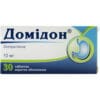
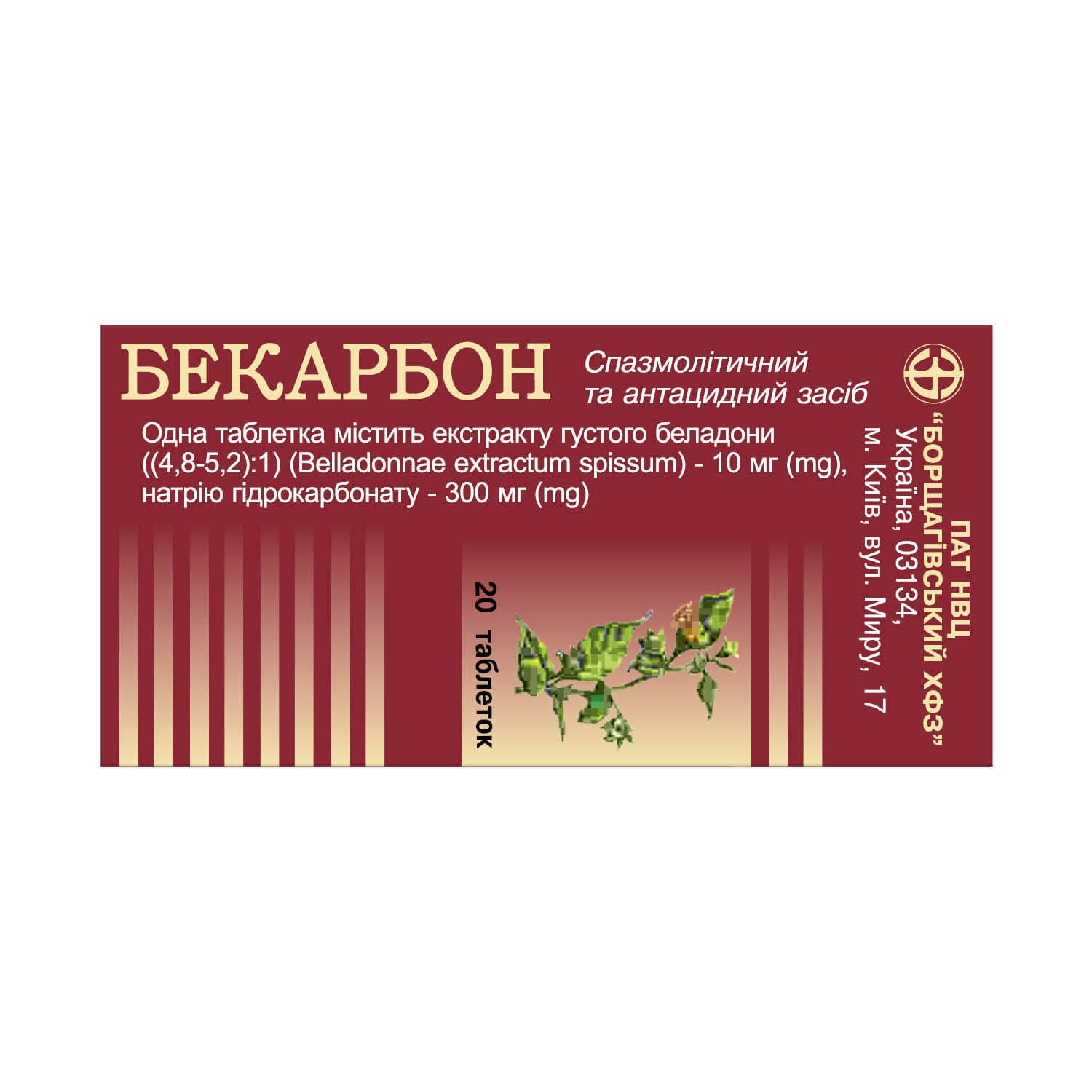
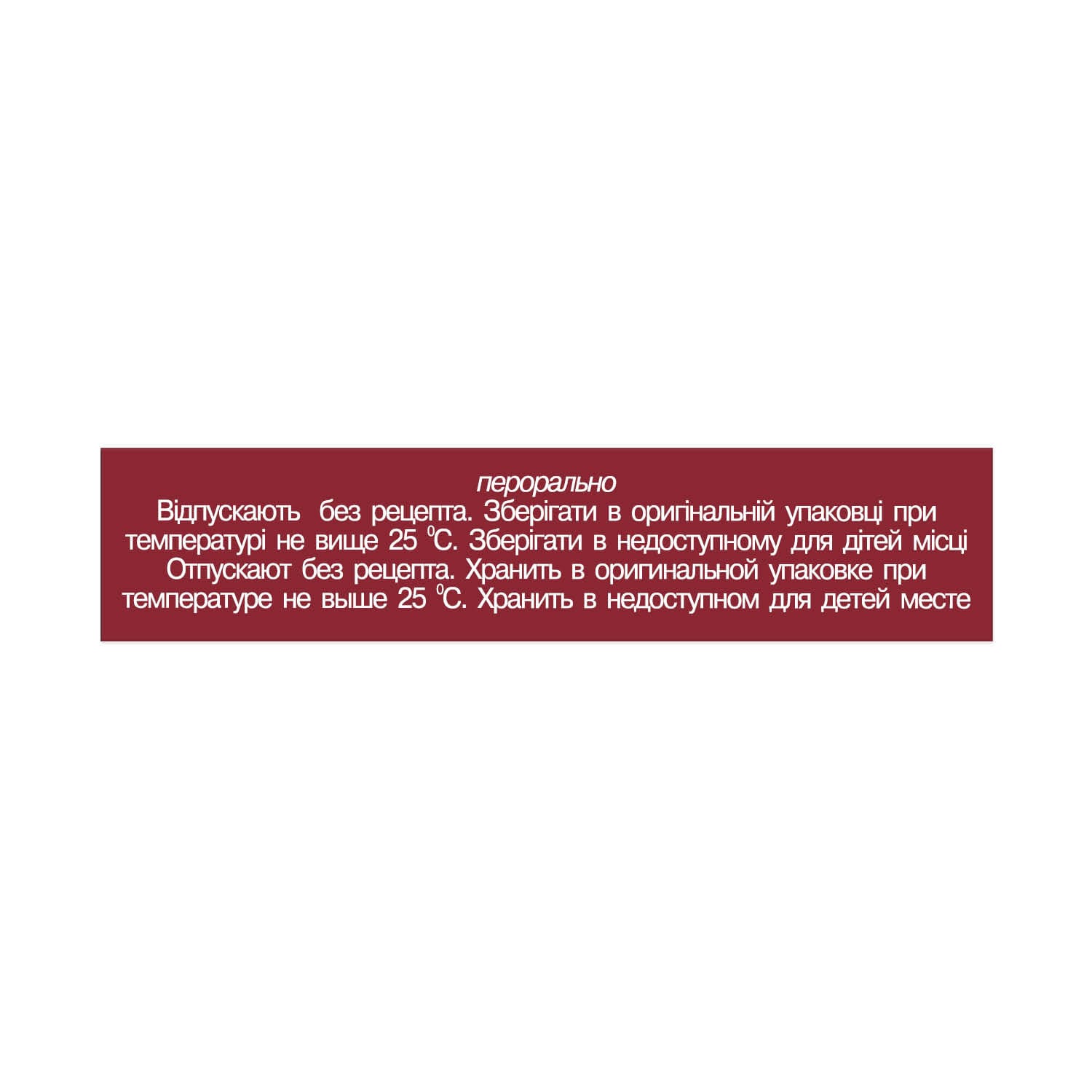
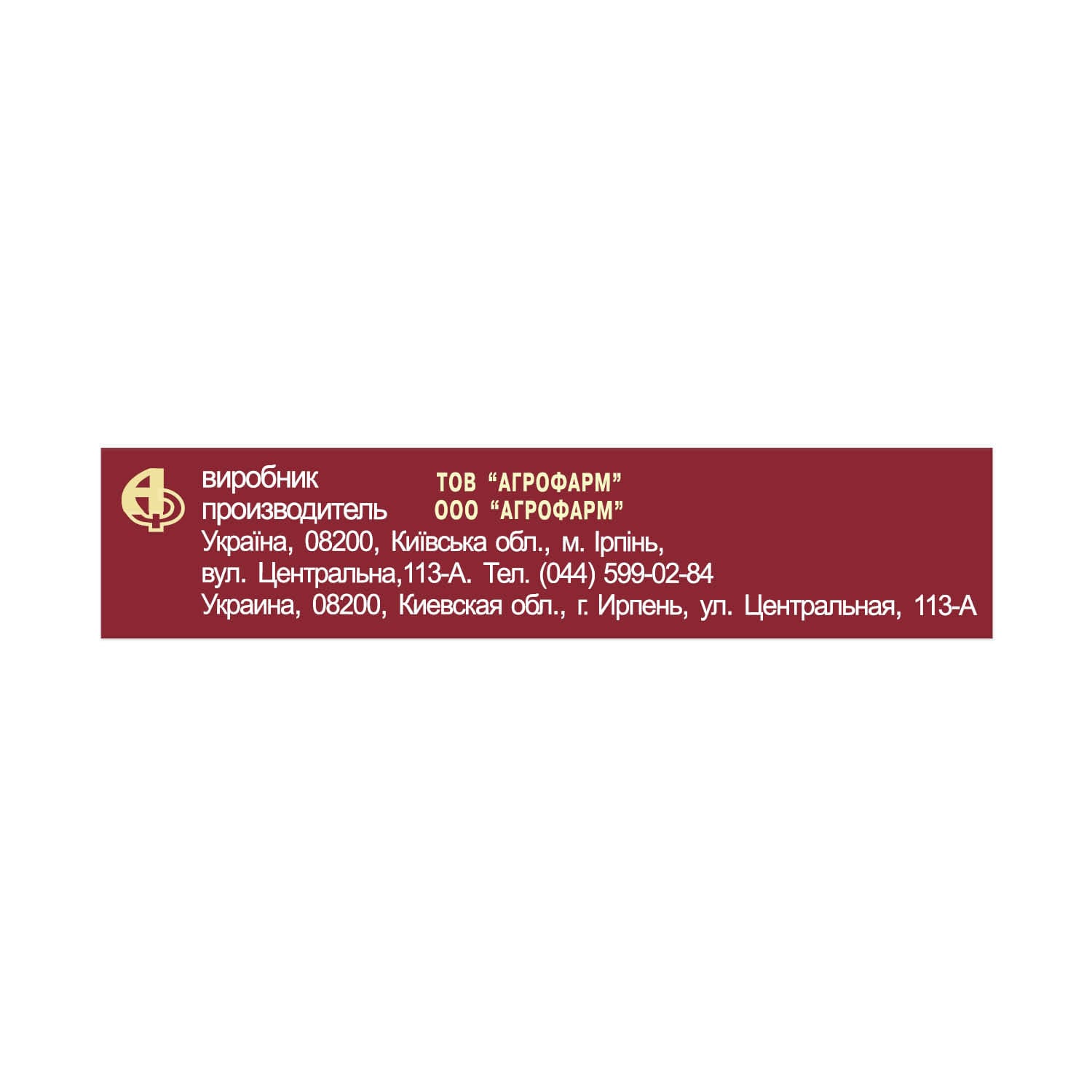
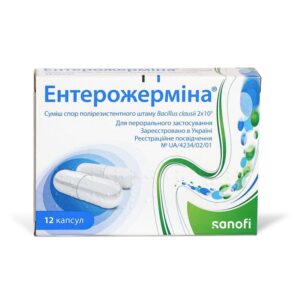
Reviews
There are no reviews yet.